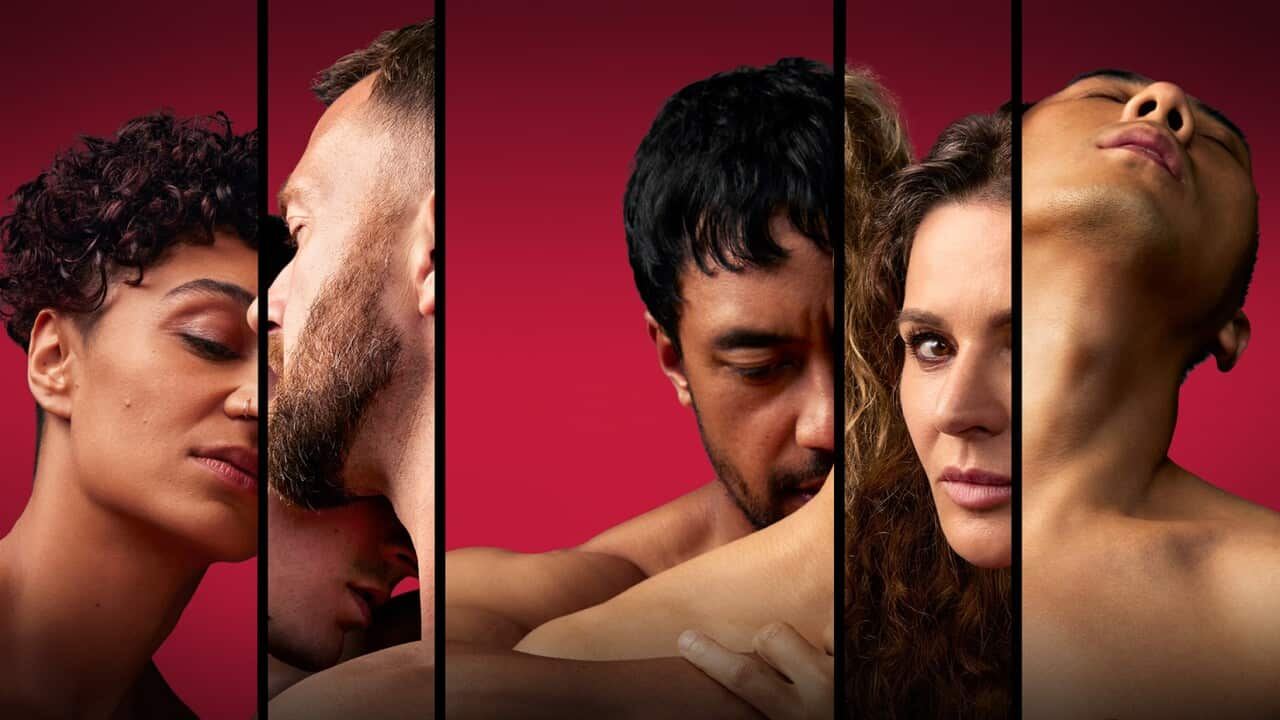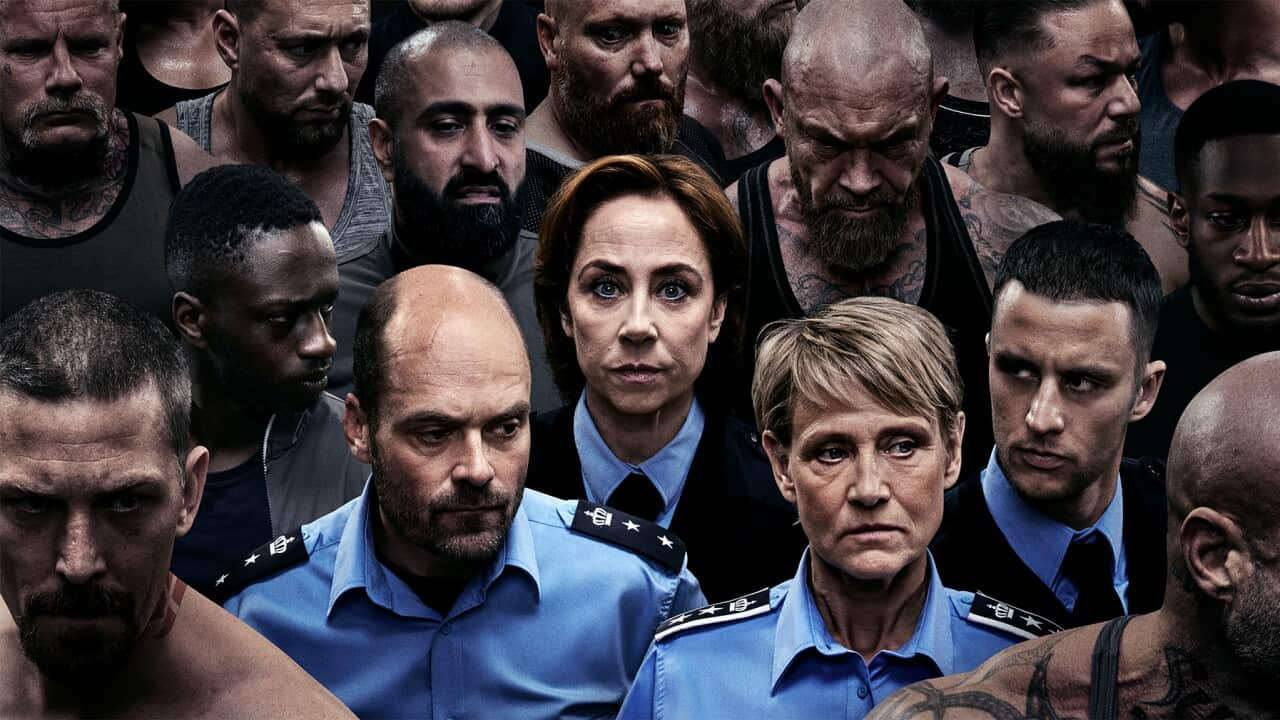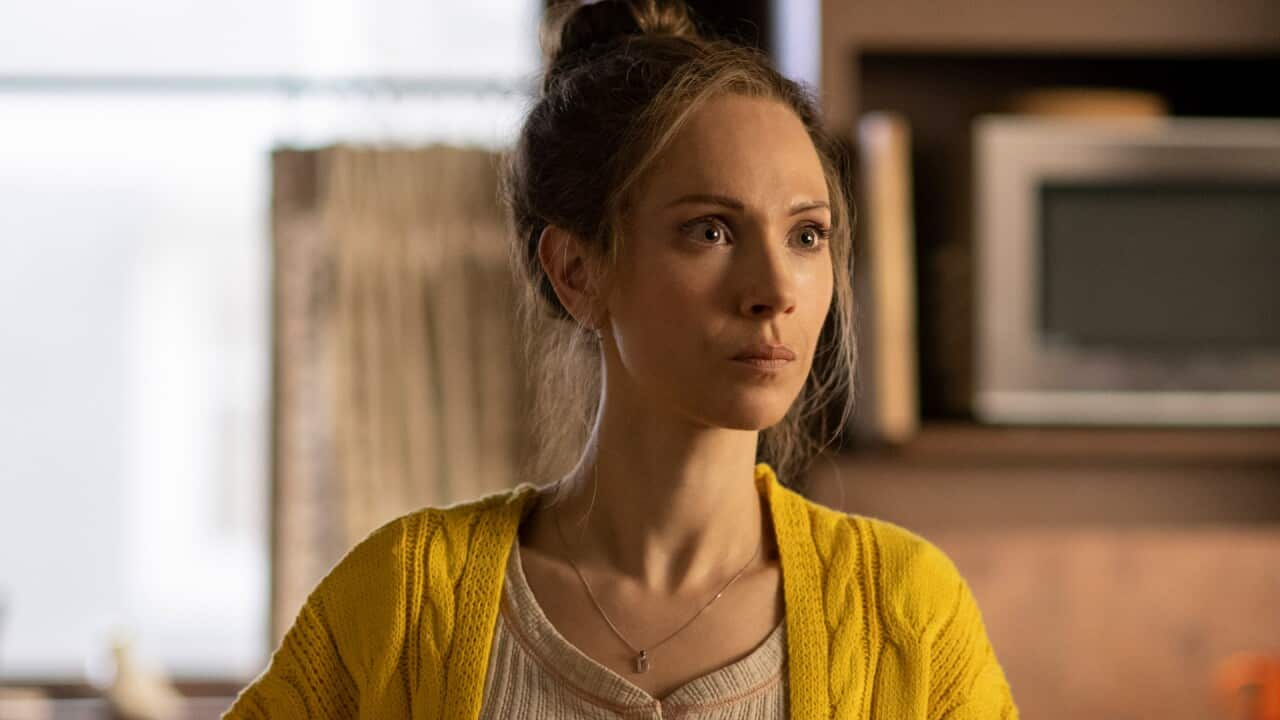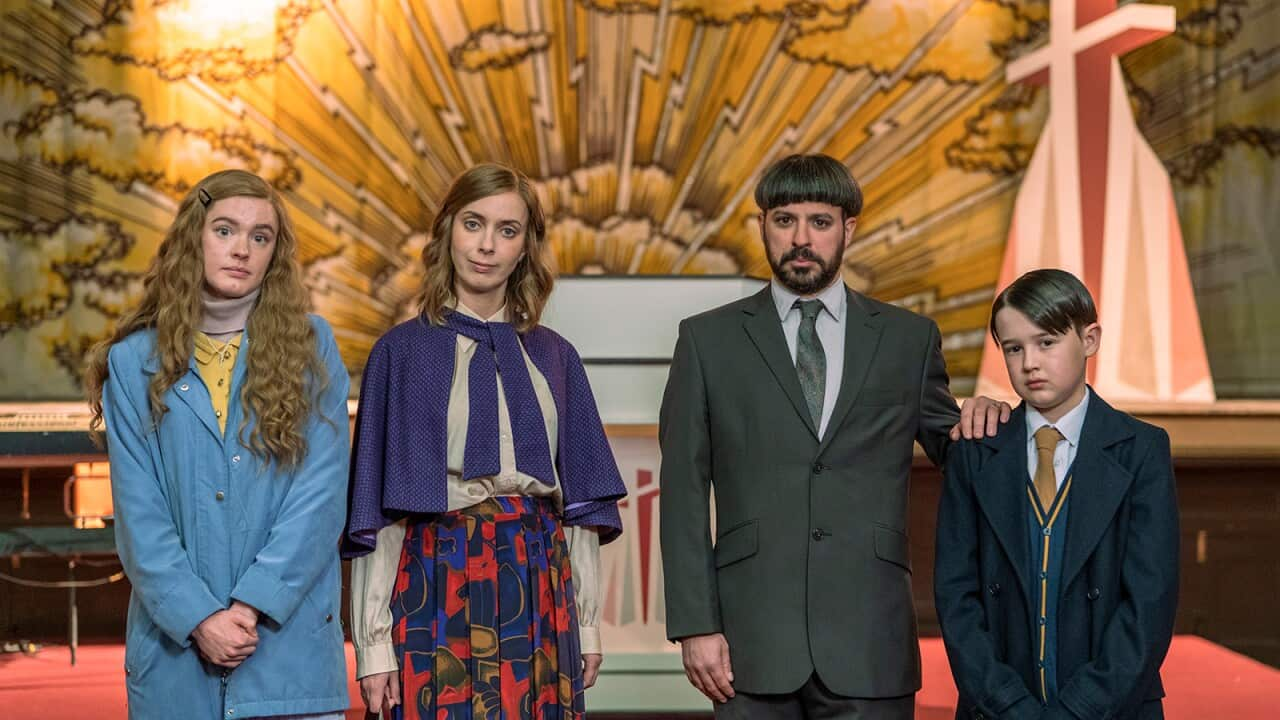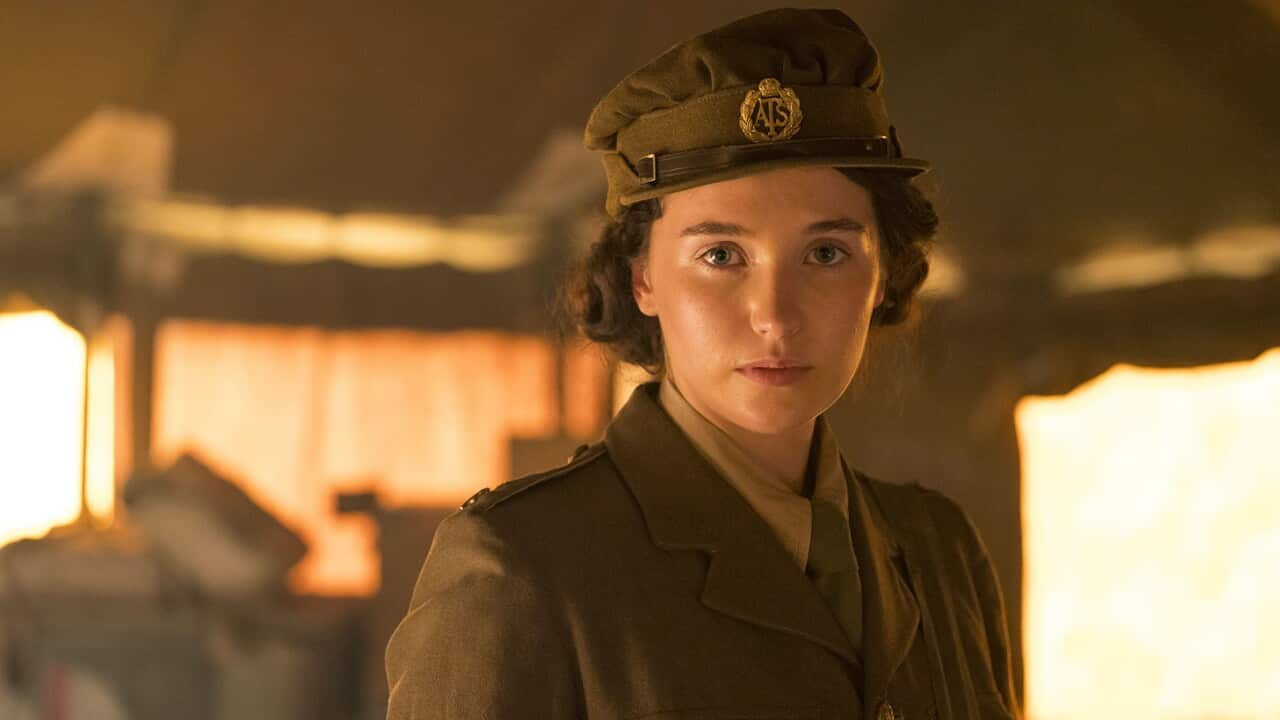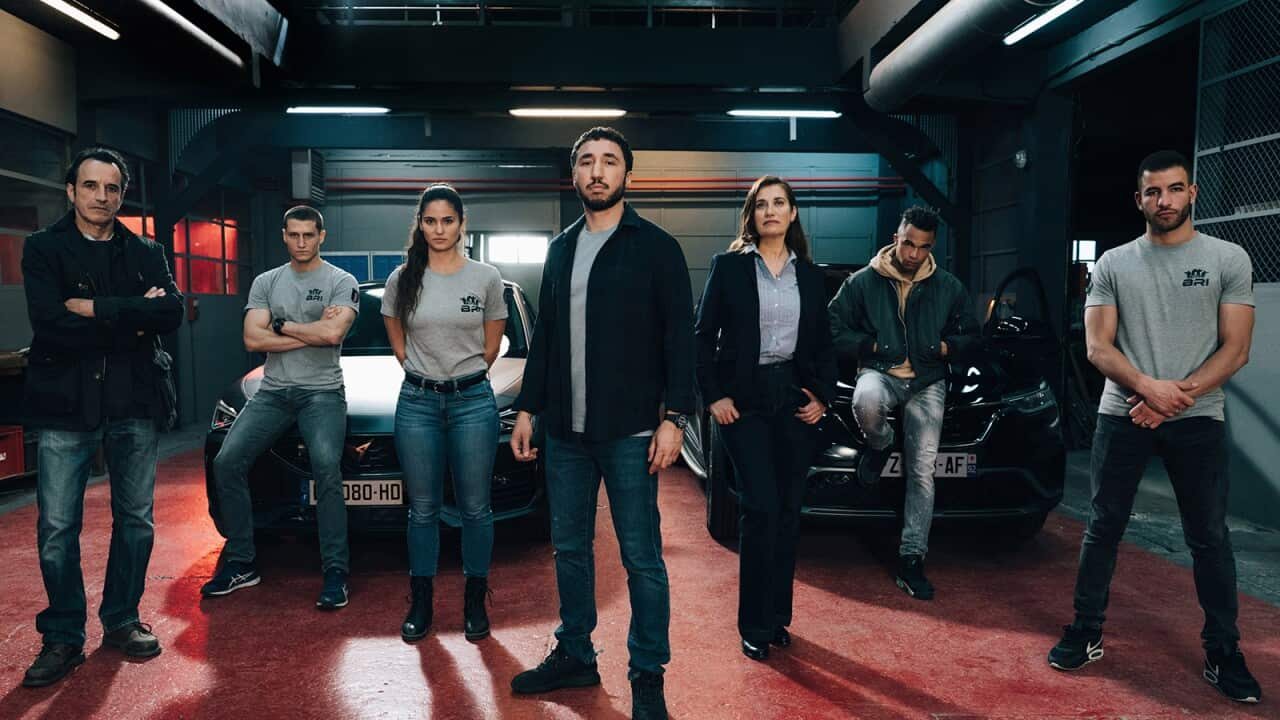“I think that you have to be someone with an intrinsic morbidity to host this series,” Jay Baruchel says. “This is not the time nor the forum for me to unpack why I am the way that I am. But I’m someone who thinks about their own mortality, and I’m naturally a pretty morbid person.”
Best known for his work in films like Knocked Up, Goon and as the voice of Hiccup in the How to Train Your Dragon series, Jay is something of an expert when it comes to the end of the world. The Canadian comedian, actor and director was one of the leads in the 2013 movie This is the End, where he (and a sizeable chunk of Hollywood’s top comedy stars) faced down the literal fire-and-brimstone apocalypse.
But that was just one way the world could end: now with We’re All Gonna Die (Even Jay Baruchel) he’s hosting six episodes looking at six different ways humanity could get taken out. Some are already on our radar, like asteroids and nuclear war; others are a little more surprising, like super-volcanoes and aliens.
And the bad news is, they could have kept on going.

Confronting the future in ‘We’re All Gonna Die (Even Jay Baruchel)’. Source: 90th Parallel Productions
Across the six episodes Jay really comes to grips with his subject. He’s out there interviewing scientists, throwing axes at targets, putting together an extremely grim conspiracy board, and just generally looking appalled at the many ways humanity could be wiped off the map. So it’s a little surprising to discover the producers came to him with the project – even though he turned out to be a natural fit.
“When they decided to ask me, it was a very easy project to say yes to, because this is shit that I think about anyway. And then we started and a pandemic happened.”

Getting the tone just right was a big part of the process, says Baruchel. Source: 90th Parallel Productions
“We stopped shooting for over half a year, if not more, and in that time we were meeting via Zoom, hashing out what the rethink of this could be. Marching forward with a pandemic as a potential cataclysm seemed horseshit, because, you know, we were living through it every day. How do you rejig a thing about potential ways the world can end when you seem to be living through a dry run of one of them?”
Aside from adjusting their approach – there’s still a pandemic episode, and Covid is also a constant presence throughout the series – it also presented a number of technical challenges.
“I was meant to fly a lot more places than I did,” Jay says. “And so we just started building these interviews where it looks like I’m in the same room as somebody when I’m in Toronto and they’re all over different parts of Europe. It informed the storytelling and the artistic and technological approach in a really interesting way.”
This series isn’t Jay’s first documentary work; one of his first ever gigs was as the host of Canada’s Popular Mechanics for Kids. It turned out that returning to interviewing, especially on camera, was not a highlight of his return to the format.
“It sucked,” he says with a laugh. “It was really scary. It’s stressful enough keeping up the momentum of a conversation organically when there are no stakes and there’s nobody filming anything and you’re not trying to get a TV show out of it. It was very stressful every single time and then I’d often have to contend with the look of disappointment on the faces of the subjects when they’d be all dressed up for television and they saw me come in in a T-shirt.”

Jay Baruchel in ‘Letterkenny’ Source: SBS On Demand
“It ended up being about knowing that inevitably, you’re going to be too cavalier about it sometimes, because that’s just part of processing heavy shit. And you’re also going to be far too earnest at other times. But it’s coming from a place of trying to take stuff that’s worth knowing and make it really knowable to a bunch of people, and for them to feel like, for better or worse, they’ve got a buddy along with them on the ride.”
While the threats examined in We’re All Gonna Die (Even Jay Baruchel) are firmly physical, there’s a theme throughout the series that the biggest risk to humanity just might be the way we choose to think about these challenges.
“I think the big takeaway is that our chances of survival are greater in cooperation than they are in division,” Jay says. “I think that’s the recurring theme throughout all of it, that if we seriously want to make it better we can at least mitigate how bad it’s going to be.
“So, yeah, despite six episodes of hardcore confronting the end of humanity and the existential risks that wait for us, it’s sort of optimistic. If you look at it the right way.”

